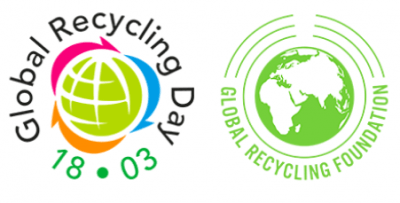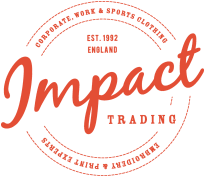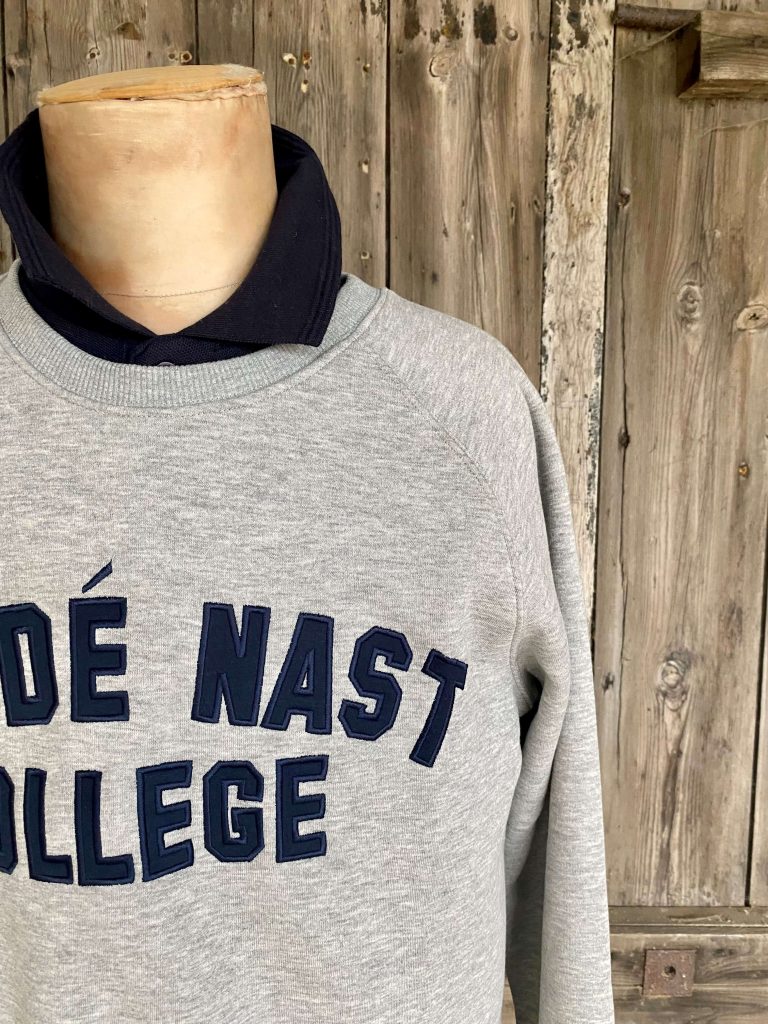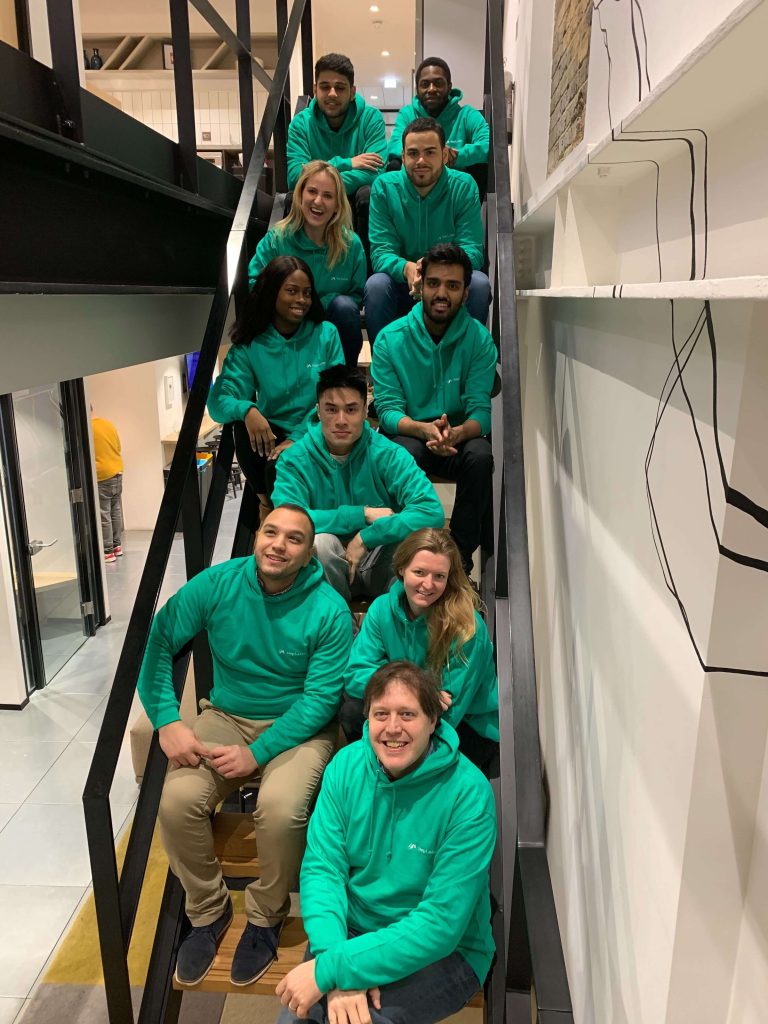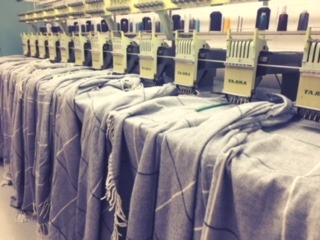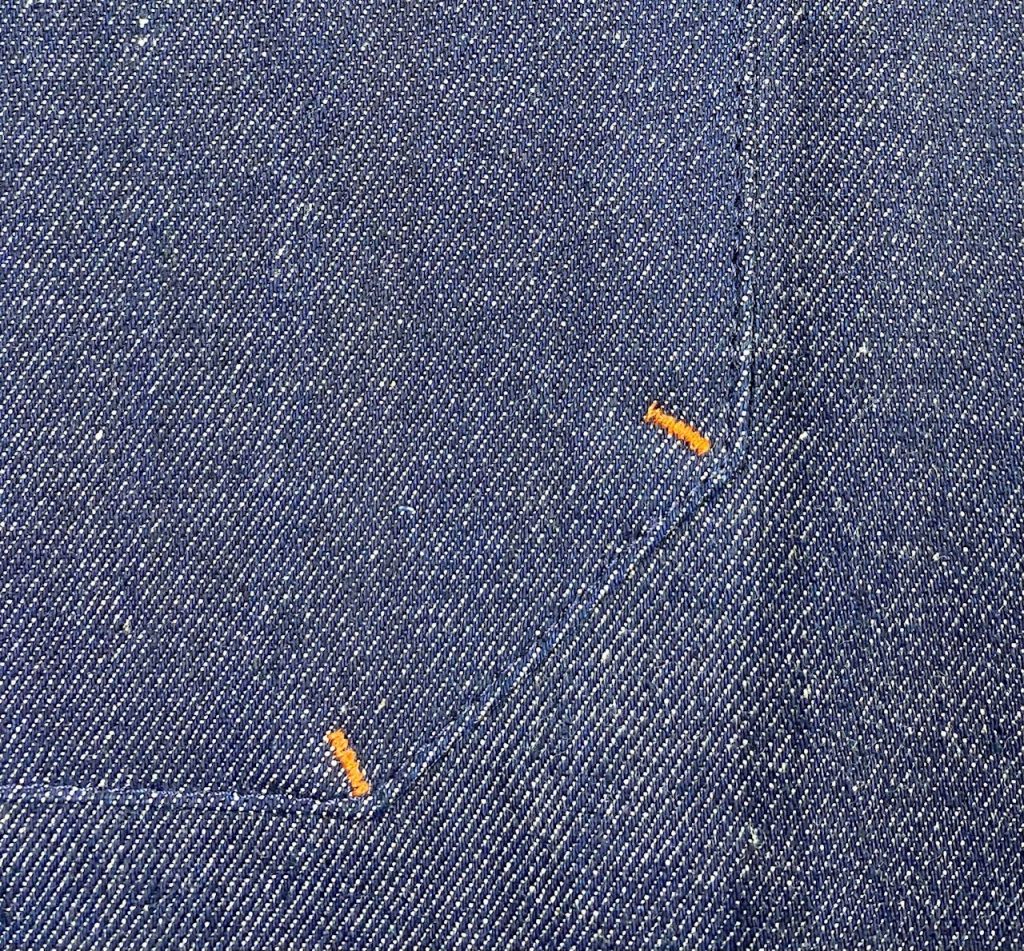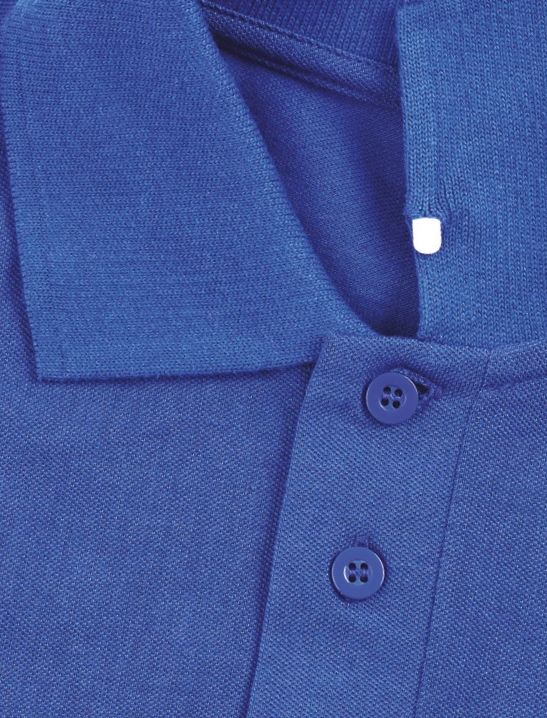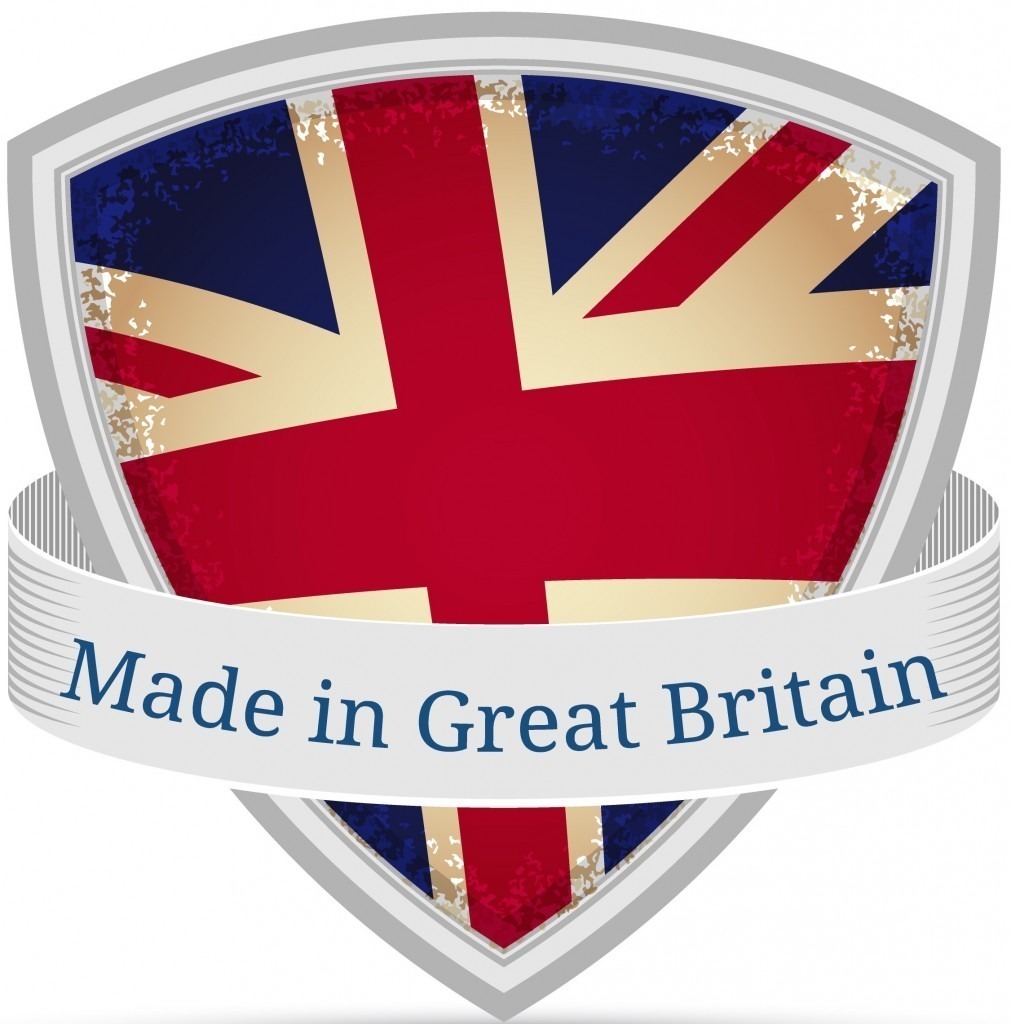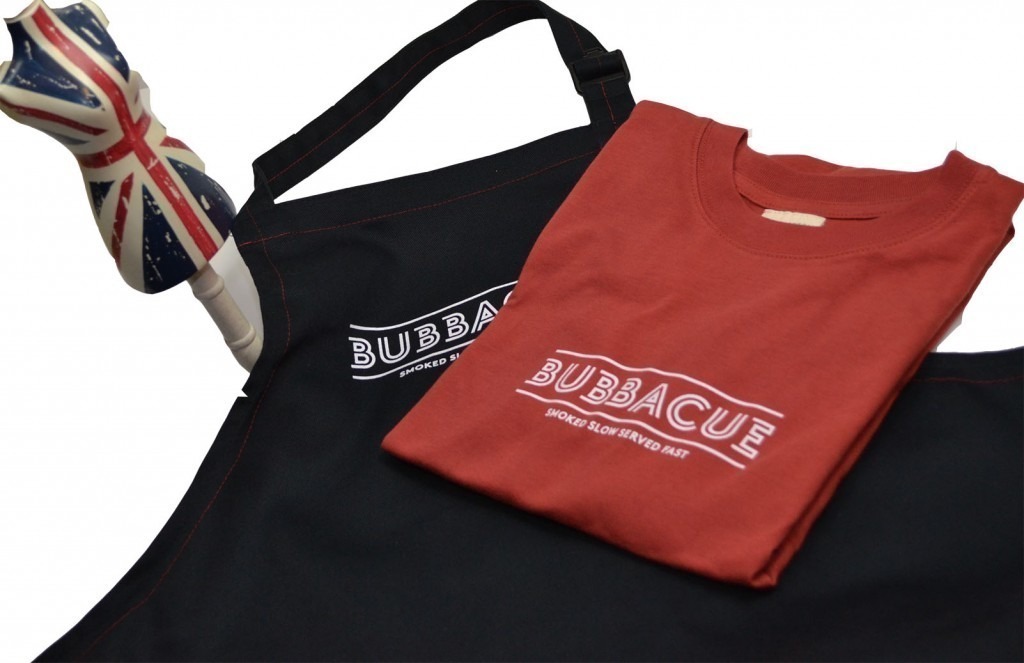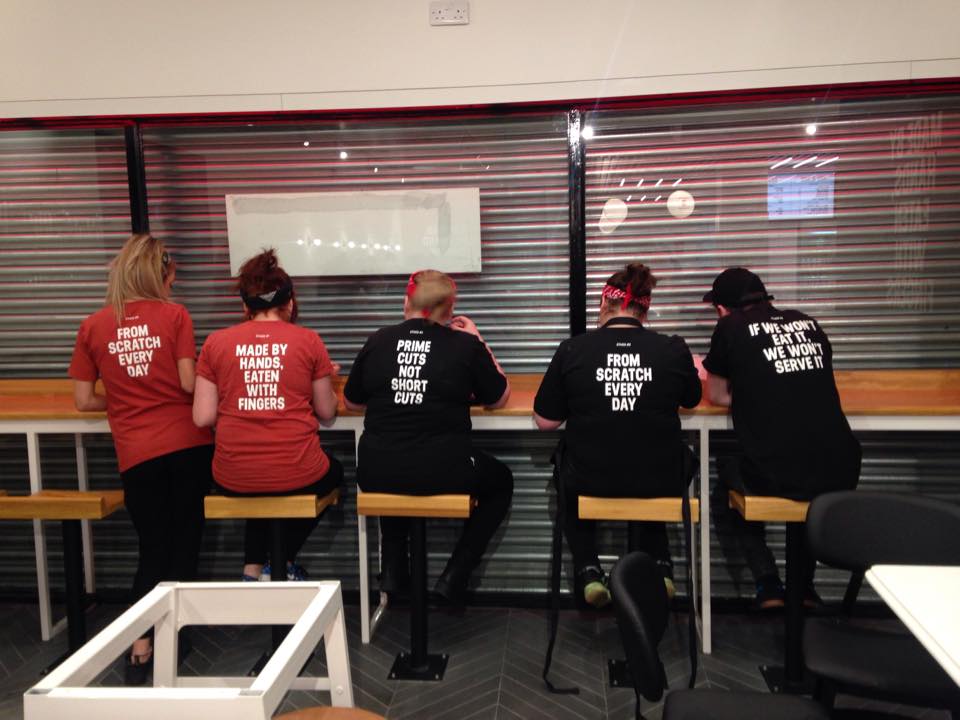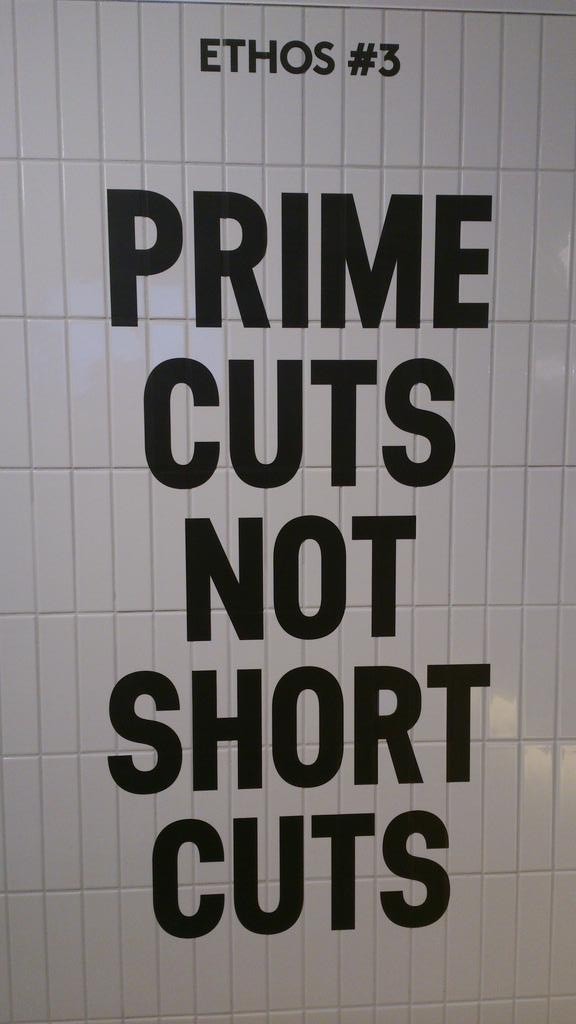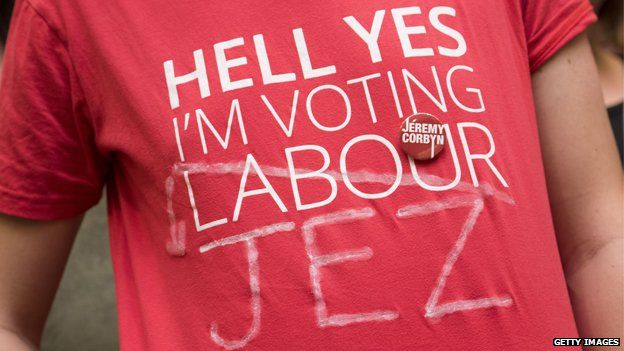The clothing industry has a significant impact on the waste management crisis, contributing to a staggering amount of waste that ends up in landfills every year. Fast fashion, in particular, has accelerated this problem, with brands producing cheap, trendy clothing at an alarming rate. This results in consumers buying more clothes than they need, often wearing items only a few times before discarding them. According to the Ellen MacArthur Foundation, the fashion industry produces more than 92 million tons of waste annually, and a large portion of this waste is due to the disposal of clothing that could have been reused or recycled.
The environmental consequences of this waste crisis are dire. Landfills are overflowing, and the decomposition of synthetic fibres can take hundreds of years, releasing harmful greenhouse gases in the process. Additionally, the production of new clothing requires vast amounts of natural resources, including water and energy, which further strains our planet. The pollution generated by textile manufacturing also poses significant risks to ecosystems and human health, making the need for sustainable solutions more urgent than ever.
“Every year, the Earth yields billions of tons of natural resources and at some point, in the not too distant future, it will run out.
That’s why we must think again about what we throw away – seeing not waste, but opportunity.”
Recycled clothing presents a viable alternative to help mitigate these issues. By choosing recycled garments, consumers can reduce the demand for new clothing production, thereby conserving resources and minimizing waste. Recycling clothing not only keeps textiles out of landfills but also reduces the environmental footprint associated with manufacturing new items.
In today’s world, sustainability is more than just a trend; it’s a necessity. Companies are increasingly recognizing the importance of adopting eco-friendly practices, and one impactful way to do this is by using recycled uniforms or merchandise.
Recycled uniforms can be just as durable and stylish as traditional options. Advances in textile technology have made it possible to create high-quality, functional uniforms from recycled materials that meet the demands of various industries. Companies can maintain a professional appearance while also contributing to a healthier planet. Take a look at the wide range of recycled workwear we have to offer. If you can’t see what you are looking for, get in touch and one of our sales team will be happy to help!
In conclusion, the decision to use recycled garments is a win-win for businesses, employees, and the environment. By making this change, companies can reduce waste, enhance their brand image, and promote sustainability in a tangible way.
